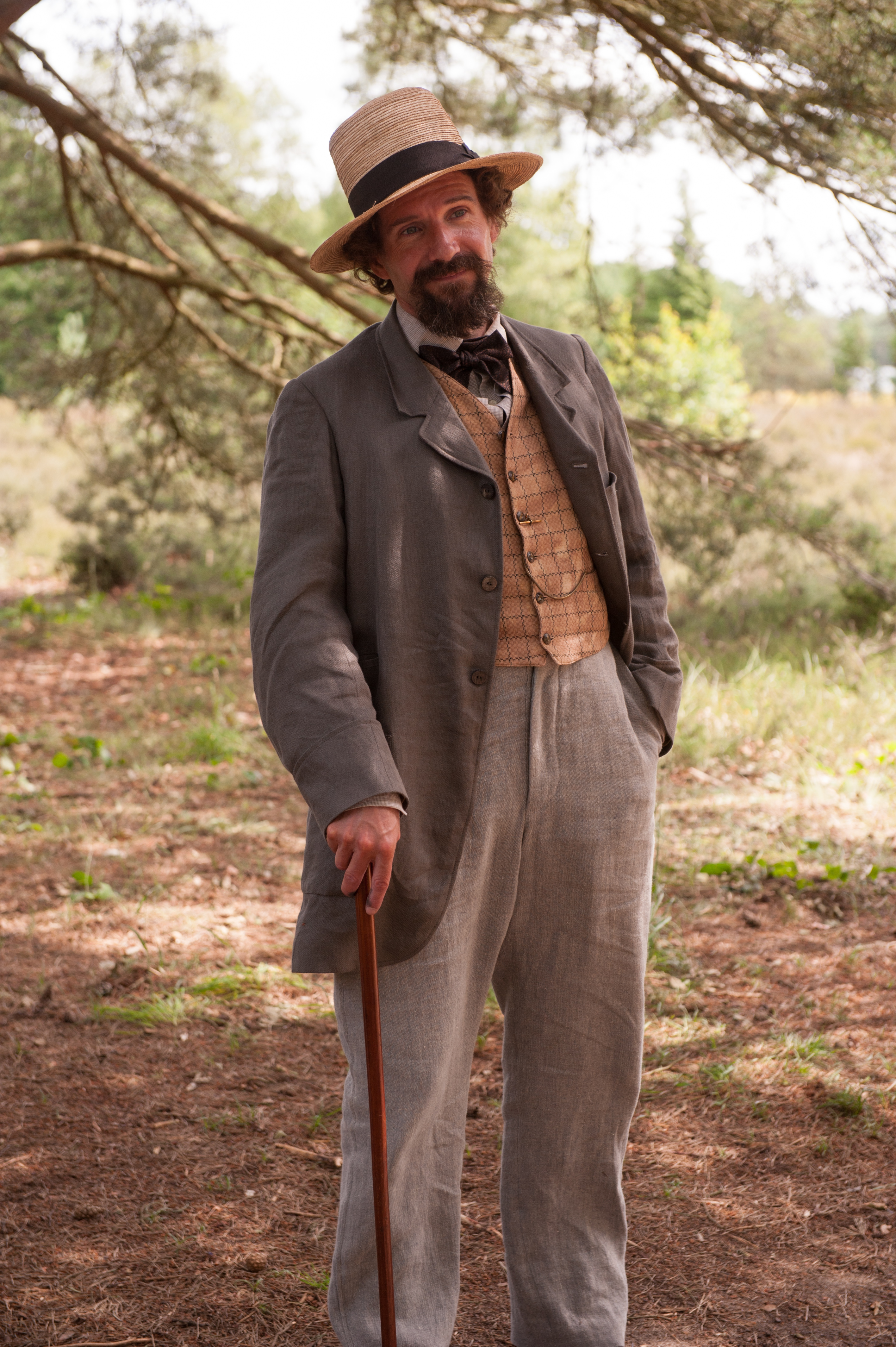The Invisible Woman
Opens Fri., Jan. 24 at Varsity and Lincoln Square. Rated R. 111 minutes.
There’s been a recent vogue to make superheroes out of English literary figures: We’ve had a brawny, brawling Sherlock Holmes (Robert Downey Jr.), a lethal, gadget-happy Van Helsing (Hugh Jackman), and even Jane Austen as a zombie fighter (not yet filmed, though it probably will be . . . I nominate Emily Blunt for the role). For that reason, it’s a relief to find Ralph Fiennes’ Charles Dickens essentially as we imagine him: vital, human, prolific, charming, flawed, driven to succeed. Any writer who’s ever struggled to meet a petty deadline can only marvel at his stamina and imperviousness to pressure. As the most famous writer of the 19th century, the entire world depended on each new installment of his serialized novels.
But then there was the 19th-century problem of sex. Dickens both had too much of it—producing 10 children with his wife Catherine—and too little, as Claire Tomalin explored in her 1990 book The Invisible Woman. That woman was Nelly Ternan (Felicity Jones), Dickens’ much younger mistress for the last dozen years of his life (1812–1870). Does it sound tawdry and inappropriate that Dickens basically pays Nelly’s shrewd actress mother (Kristin Scott Thomas) for this arrangement? There’s something icky about it—one thinks of Frank Sinatra and Mia Farrow, or of Woody Allen and Soon-Yi Previn. An older, powerful man can too easily convince himself that love, not economic necessity, brings a vulnerable teenager to his bedroom at night.
There are many pleasures to The Invisible Woman, and they chiefly have to do with the man and his Victorian milieu. As both director and star, Fiennes loves the scenes of Dickens’ public readings to concert halls full of rapt fans, hanging on his every word. The script, however, by Abi Morgan (Shame, The Iron Lady) isn’t very quotable or nuanced, mainly toggling between Nelly’s 1885 present and scenes from her past. (She has to heal, you see, prompted by a sympathetic parson.) Because Ternan as an historical figure left little in the way of a public record, her character feels vague and conjectural; Jones and the filmmakers haven’t got an angle on her. Nelly’s just a fan, a confidante, a lover (it takes over an hour to get to the sex), and finally a scandal to be hidden.
And hide she does. The movie’s basic problem is that it’s bound to end in stalemate and shadow. Since Dickens squelched the story in his day with a warning letter to the Times, the invisible woman shall remain invisible. She’s never going to have her moment on TMZ like Rielle Hunter. Yet the psychology of modern filmmaking dictates that Nelly must find closure in her later life. You may not believe it; but if nothing else, the film will move you toward the bookcase, or Kindle—wherever your copy of Great Expectations is kept.
bmiller@seattleweekly.com








